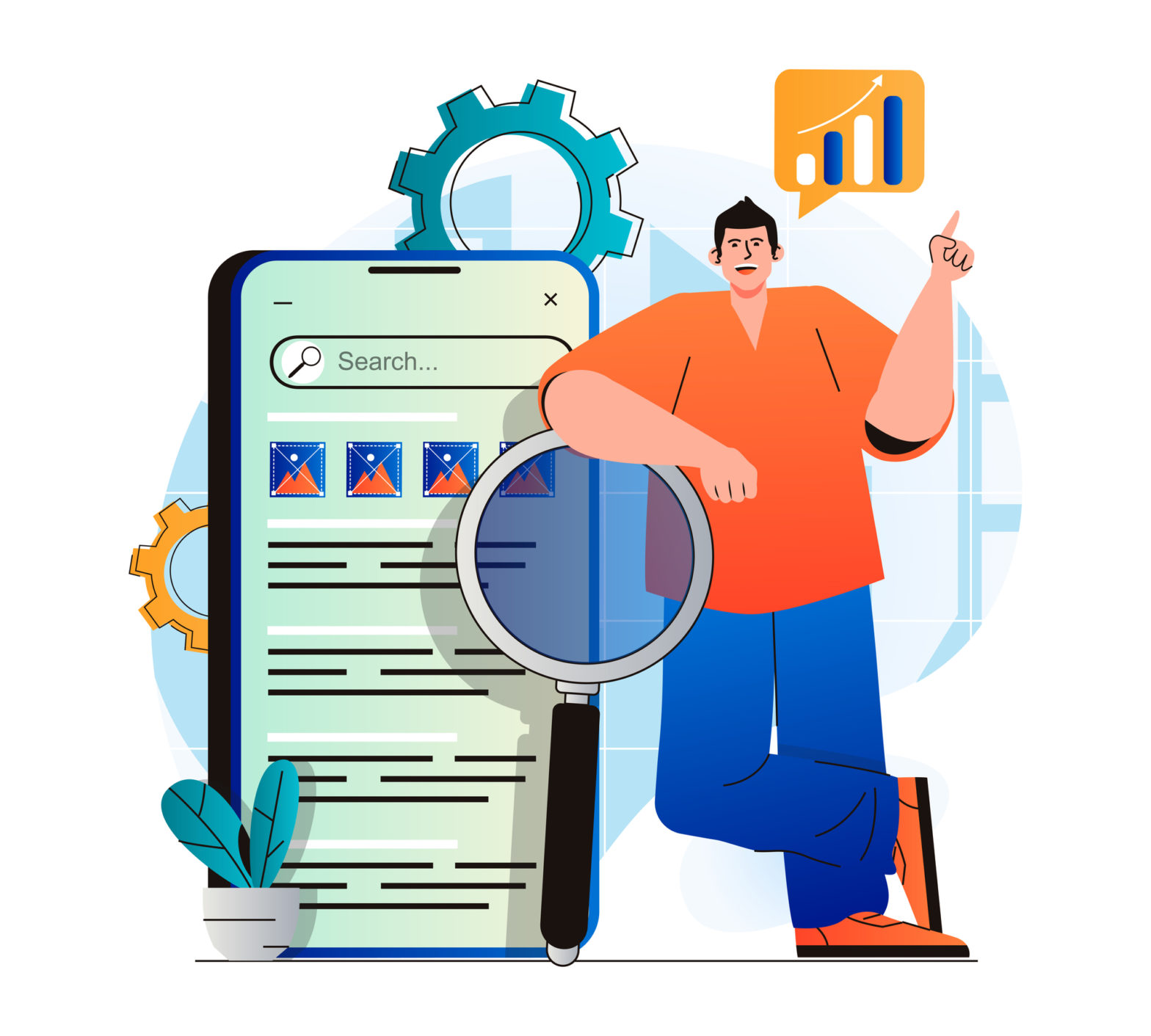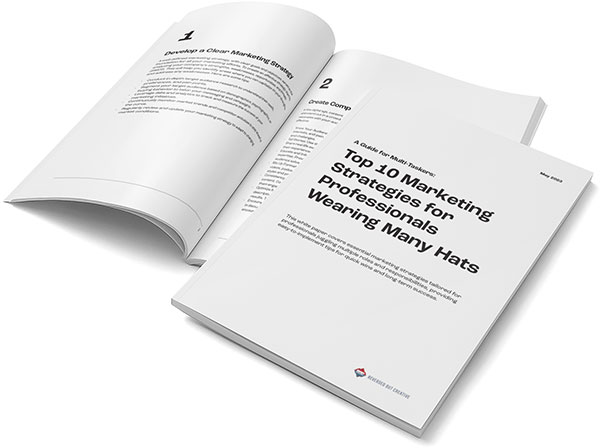
What is ranking and why is it important? Website ranking is basically done by Google where the most relevant article among billions is selected on the search index. Why should an article be ranked higher than another? Anybody can write an article, but the article that fulfills the requirements of Google and visitors are ranked higher than others.
Ranking helps create reliability and builds trust amongst your target audience. This trust from customers helps you reach more people, as they will recommend your business to family and friends. The more engagement you have from your customers, the higher chance you will have to outrank in organic search. We will go over some techniques that can make your work easier for you.
Top Factors That Are Vital When Publishing Your Content
- The content should be high in quality
- Mobile-Friendly
- Page Speed
- Internal links
- External links
- On-Page Optimization
- Customer Feedback
So, now we will discuss some great tactics to help you outrank in organic search.
The Content Should Be Relevant and Authoritative
It is very important that your content is relevant. That is, it should match the article heading and there is no substitute for good quality content in SEO marketing. If you have good quality content, your website traffic will increase and hence, improve the chances of outranking in organic search. This will help you create trust amongst customers, as well as with website authority and relevancy.
Find and use specific keywords for each content page on your website. The first step is to find out how your target audience will search for a topic on Google. Some examples are:
Keywords
- What are keywords in SEO?
- How to use backlinks in an article
- Best restaurant near me
- Smartphones in my price range
- Best colleges in my city
These are some examples to make it clear on how you can add keywords in your article to outrank in search engines. The keywords help make the search easier for a visitor and also helps the writer know what the audience searches for to find a particular topic.
Multiple Keywords
The phrases you choose should be similar if you want to add multiple keywords or keyword clustering. A single page may be able to rank for both “content writing jobs” and “content writing vacancies” but phrases like “ranking in content writing,” “engineering jobs” and “best university in Ohio” are unlikely keywords to search for similar topics.
Placing of Keyword
The next step is to find out where to place a keyword. When doing so, some things to consider are:
- Can all the keywords be placed in the Page titles?
- Can all the keywords be placed on the Page Url?
- Can all the keywords be placed in the Heading and Subheading?
The answer to all of these questions is, yes! By placing the keyword(s) in all of the above-mentioned places, your chances of outranking in organic searches really increase. Your content should be user-friendly and simple. There are primary keywords and secondary keywords. For example, if you are writing something that contains a thousand words, then the use of primary keywords should be less than your use of secondary keywords. This proper placement of keywords will increase your ranking on search engines.
Content
Content is the most important part of any article and will definitely help you outrank on search engines. The keyword you choose should be used several times in your content. One or two times in the opening and closing paragraphs, and five to six times in the remaining content. Add internal and external links to make your data easy to understand and to engage visitors for more time.
Do not forget to italicize or bold your content and heading tags to make them easy to find, but make sure that you don’t over-do it. Good writing should be your priority, never sacrifice that for anything and it should be simple and easy to understand.
Remember that the page you are writing is for users and not for SEO ranking only.
Content Should Be Updated Regularly
Content is a prominent part of both your target audience and the search engine. Do not take either as secondary. The best content is updated regularly and if you aren’t making updates, your page will be outdated and seem unreliable to your audience. By making your content relevant and updated, you also improve your ranking on search results and therefore, increase the chances of outranking in organic search. Your updates will ensure that your content is reliable and authentic, helping you create a good image among your target audience.
Blogging
If you want to boost your ranking on search engines, then add new blogs to it that are rich with relevant keywords. Adding more blogs will engage your target audience and in turn, boost the ranking of your website. To provide a better picture of your content to users, make sure to add relevant links and keep them updated with trending topics.
Metadata
When you are designing a webpage, there is always a space between the<head>tags to add metadata and relevant information about your content. Your site changes with time and it becomes necessary that you review and update your metadata.
There are three types of metadata:
Title Metadata
The most important data on the page is the title metadata. The title metadata ensures that all of the page titles are displayed at the top of the browser window and the headline between the search engine results.
Description Metadata
A textual description that a browser may use in your page search return is known as descriptive metadata. This is a site window that contains a piece of short and appealing information. The main purpose of this information is to attract more and more people to enter within. The description metadata should be captivating and at the same time, give complete information in two to three lines.
Keyword Metadata
This is a rare use of metadata, but it is important to keep a list of all of your keywords so that you can easily add them to your keyword metadata if you choose to. You may need to add a variety of keyword phrases. Each phrase should consist of 3 to 4 words and as a general rule, should be in a total of 3-7 phrases. A good example of this is “Long-form content.”
Links
To make your webpage captivating, unbiased, and authoritative, add more links to it. Adding links helps provide content that is full of information, as users do not like to go here and there and prefer the relevant content they are searching for to be on one page. There are two types of links, internal and external. You can add links to articles that are created by you or can add them to articles that are from another organization.
Instead of adding more relevant content to the piece you are already writing, you can add a link to direct them to the content that includes that information. Targeted link building helps boost your chances of outranking in organic search. These links will increase the organic traffic on your webpage and will also build trust among visitors that you can provide them with authentic and complete information.
Make Use of Alt-Tags
Alt-tags are known as alt descriptions or alt attributes, and should be used in your content to describe the images/videos on your webpage. They help locate your page when using search engines. The text in the alt-tags should be kept small so that it is impactful and alt-tags should be used for image-heavy pages that are not full of text. Do not try and keyword stuff as this will negatively impact your organic search ranking efforts.
Bottom Line
These are five tactics that can help you outrank in organic search. In order for these tactics to be effective, make sure you carefully follow all of these points so that your content becomes user-friendly and authentic. By doing so, you will continue to reach a wider audience and your ranking will continue to improve.
Contact Us
At Reversed Out Creative, we understand the challenges and opportunities presented by AI disruption. Our team of experts specializes in web design, SEO, graphic design, and digital marketing services. Reach out to us through our contact form to learn more about navigating the evolving job market and embracing the potential of AI. Together, let’s shape a future that combines human ingenuity with the power of AI.
Next Article: Best Review Apps For Shopify
©2026 Reversed Out LLC. All rights reserved. Privacy Policy.


